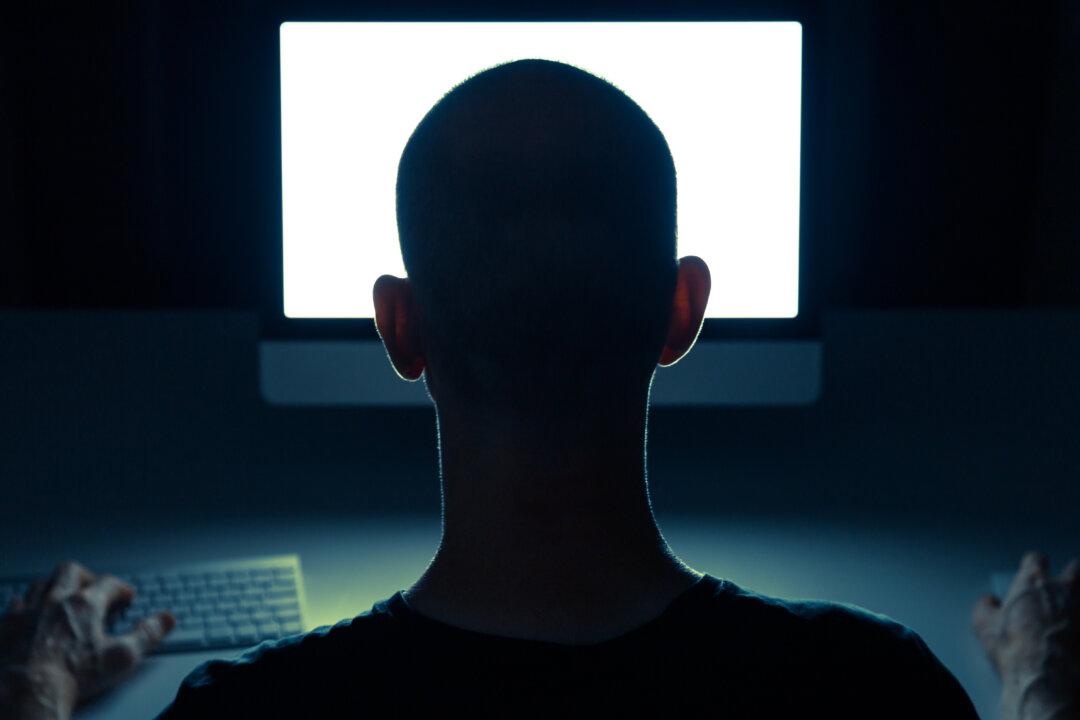Commentary
I was visiting with a friend who told me an all-too-familiar story. Her teenage niece adores TikTok. Too much. She spends many hours a day on it. It’s become her secret world, much more influential over her outlook on life than her parents, church, or physical community. It shapes her values and opinions. She finds herself in dark dysphoric patterns that adults around her cannot understand. Addiction only begins to describe it.





